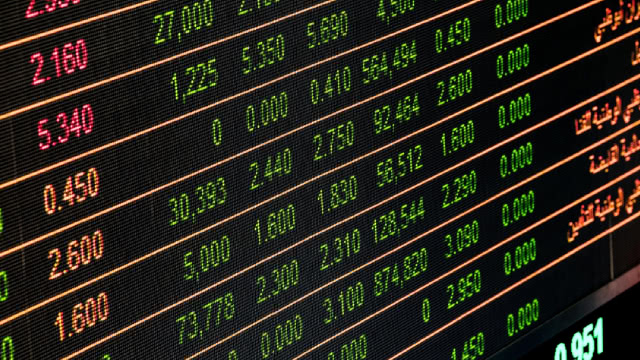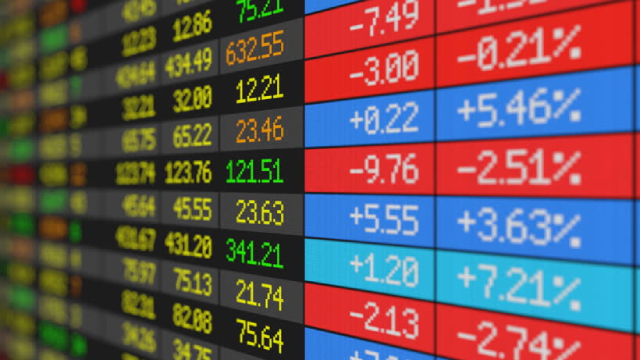IWM Stock Recent News
IWM LATEST HEADLINES
After a long period of underperformance, small-cap U.S. stocks may be staging a comeback. While it's too early to say for sure whether this is the start of a sustained rally or just an occasional rise, recent data shows encouraging signs for small-cap investors.
After an epic week where only a few sectors plus the S&P 500 and NASDAQ shone, it turns out that it's the calendar price range that has the final say (read last week's articles here). At least for now.
Looking for broad exposure to the Small Cap Blend segment of the US equity market? You should consider the iShares Russell 2000 ETF (IWM), a passively managed exchange traded fund launched on 05/22/2000.
Synchronizing investment schedules with dividend payments allows for better planning of expenditures and reinvestment strategies. So, the more often the cash comes in, the better. In the piece, I discuss two high-yielding and weekly-paying ETFs that can do the thing in a relatively prudent fashion.
Much credit goes to large-caps for pulling the broad market out of April's sell-off abyss. But traders looking for other plays this summer may want to consider downsizing with small- and midcap plays.
It's true that it's been a challenging year for U.S. small-cap ETFs. Using the iShares Russell 2000 ETF (IWM) as a benchmark for the category, we immediately see that 2025 has been marked by red ink.
VOO, SPY, IWM, BND and VTEB led ETF inflows last week as investors poured $22.7B into diverse fund categories.
Small business owners grew more optimistic in May, reflecting improved expectations for business conditions and sales, according to the latest data from the National Federation of Independent Business (NFIB). The latest data revealed that the small business optimism index climbed to 98.8 in May, up from 95.8 in April.
Investors who have embraced the "buy the dip" strategy in 2025 have been handsomely rewarded, with the S&P 500 delivering its strongest post-pullback returns in over three decades.
Small-cap stocks, as indicated by the Russell 2000 Index, have lagged their bigger peers so far this year. Small-cap exchange-traded fund (ETF) iShares Russell 2000 IWM is down about 6.2% this year versus gains of about 1% in the S&P 500 and 1.9% in the Nasdaq-100 ETF (QQQ) and 0.1% losses in the Dow Jones.








